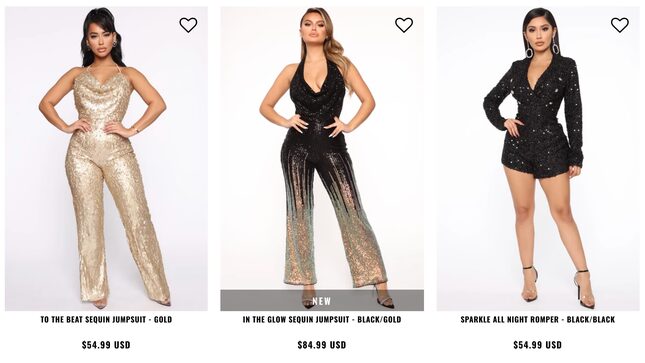Your Fashion Nova Outfit Was Likely Made By Workers Paid as Little as $2.77 an Hour
Latest

Fast fashion online retailer Fashion Nova is known for making cheap, Instagram hottie-ready clothes that are hawked and worn by everyone from Cardi B to Kylie Jenner. The clothes are so cheap that I’ve spent too many hours of my life browsing the site, tempted by the company’s low prices to buy outfits that I’m too chickenshit to ever wear.
It has been obvious since the company was founded that Fashion Nova’s business model must be built on exploitation—trends can’t become products in mere days, and at such low prices, without someone’s rights being violated. So it should come as no surprise that, as the New York Times reported, the company’s clothes are often made by workers in Los Angeles who are illegally paid less than the minimum wage, some of whom are compensated as little as $2.77 per hour by their bosses.
According to the Times, in 2019, “Fashion Nova’s labels were the ones found the most frequently by federal investigators looking into garment factories that pay egregiously low wages.” All combined, the factories owed almost $4 million in back wages to their workers, who were paid less than the minimum wage and not paid overtime.
-

-

-

-

-

-

-

-

-

-

-

-

-

-

-

-

-

-

-

-

-

-

-

-

-

-

-

-

-

-

-

-

-

-

-

-

-

-

-

-








































